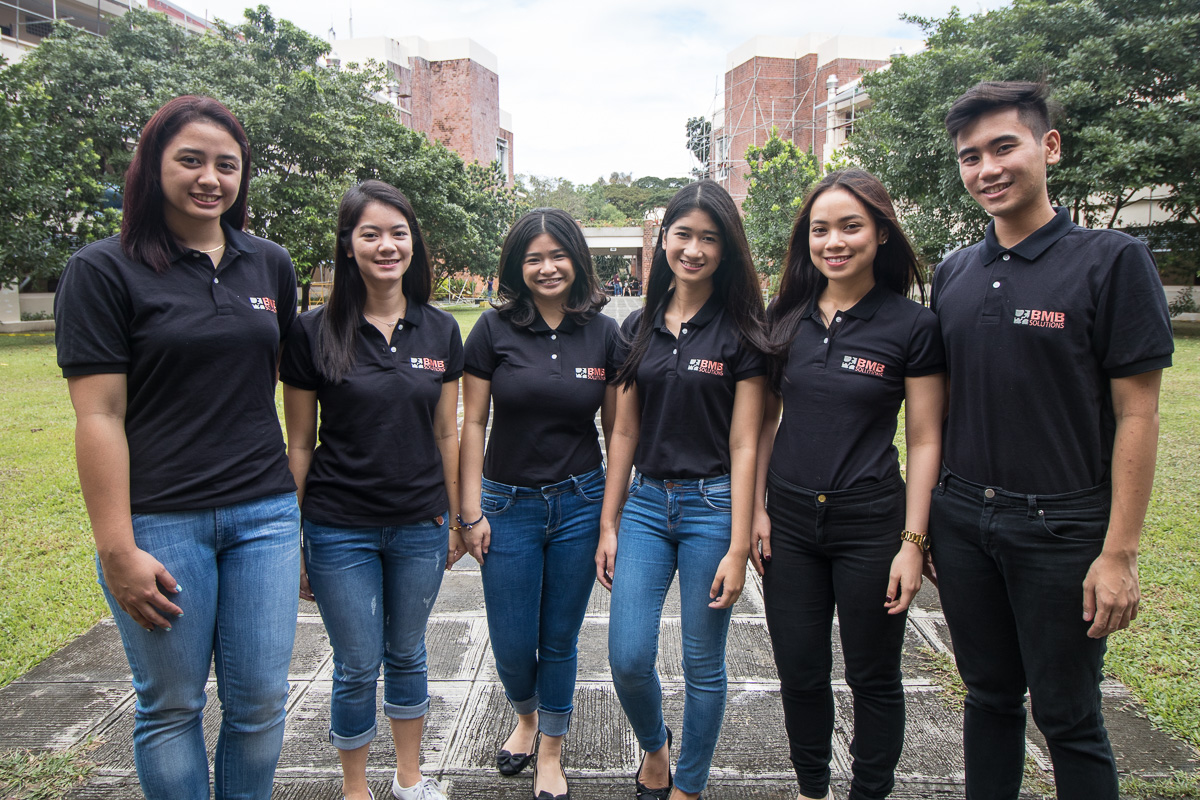As we ring in 2017, we’re invited to take another look at the gems of the recent year, particularly those that came in the form of Atenean individuals who’ve brought us some of the silver linings of 2016.
2016 has been tagged as the “worst year ever” in press and social media. But just like any other year, 2016 was also filled with individuals who brought new discoveries, creations, and movements to the Philippines and beyond. The Ateneo has its fair share of youth whose admirable accomplishments, talents, and ideas not only allowed them to peak in their own fields, but also made them shining representations of the Atenean community.
With these triumphs, we don’t only find ourselves inspired as we welcome 2017. More importantly, we also reflect on some of our own resolutions and what we hope to make of this year, as individuals and as a community.
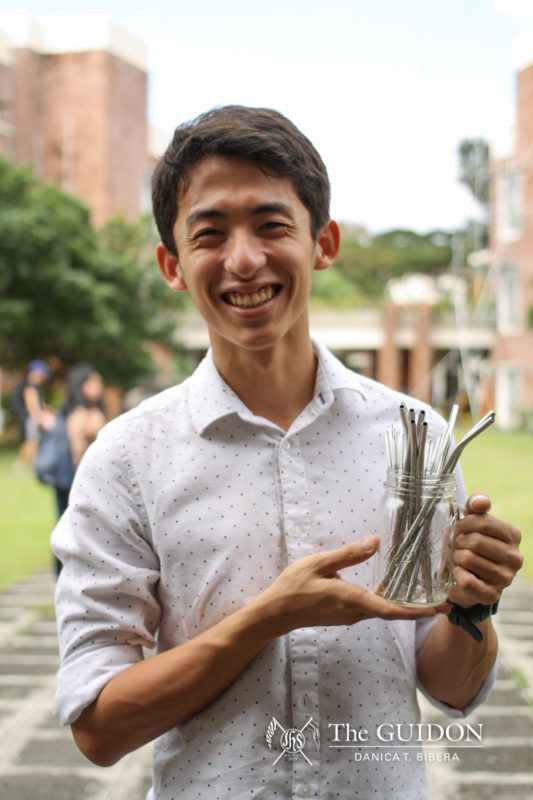
Pocholo Espina
Poch Espina could only get a metal straw by purchasing in bulk—so he turned his excess orders into an opportunity for others to reduce plastic waste as well. Enter Sip PH, his social enterprise, which has sold over 1,500 of the reusable straws through Ateneo Trade, bazaars, and word of mouth.
Espina still hopes to have his product in resorts and coffee shops, to institutionally influence this eco-friendly culture. Sure enough, he’s always been the guy with big ideas and a taste for exploration: He’s been in about 30 orgs throught his college years, including the Institute of Skin Divers Ateneo and Loyola Mountaineers. With an Erasmus scholarship, he has studied in Romania, where he took a course on solid waste management and hatched his dream to build a recycling firm.
Sip is a step towards that dream and is an expression of empathy. “The root of this is knowing how to empathize with people,” Espina explains. “You empathize with the world and realize that the Earth is suffering. So you do your best to help.”
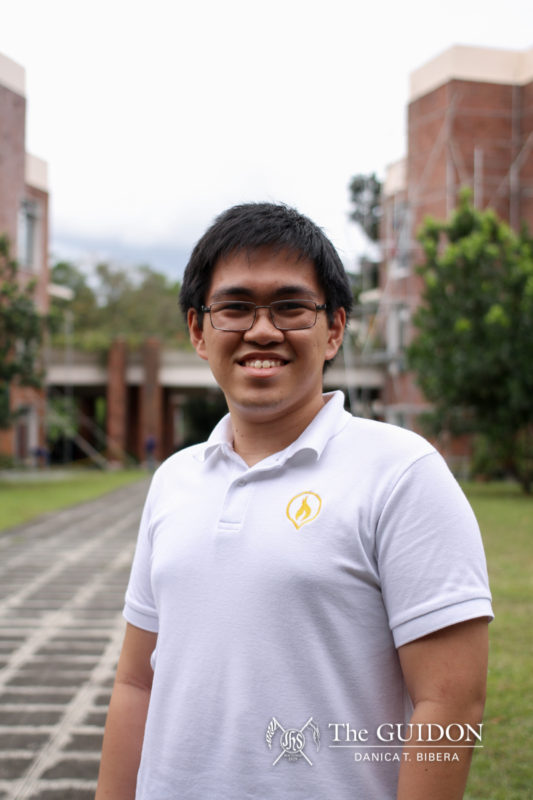
Paulo Joquino
Science rests on questions and this is why Integrating Science in the Philippines (ISIP) aims to inspire curiosity. The organization started with just three Philippine Science kids brainstorming about how to promote science through a YouTube channel, a magazine, and a camp.
Pau Joquino is the sole Atenean in the founding trio and back in 2014, the science camp was his idea. Since then, Joquino has headed two “Discovery Camps,” where students attend workshops, stargaze, and pitch community improvement projects. “We tell the scientists in the panel to communicate with the students so that there is a conversation going,” he explains. Similarly, his other commitments—such as YouthHack and Health Hacks—push students to develop their own social enterprises through competitions.
For ISIP and the rest of his initiatives, Joquino’s endgame is to sustain critical conversations. “Researching and going the extra mile are what we want to impart beyond the facts in our workshops, YouTube series, and social media posts,” he says. “It’s about the long-term impact as students grow into their careers.”
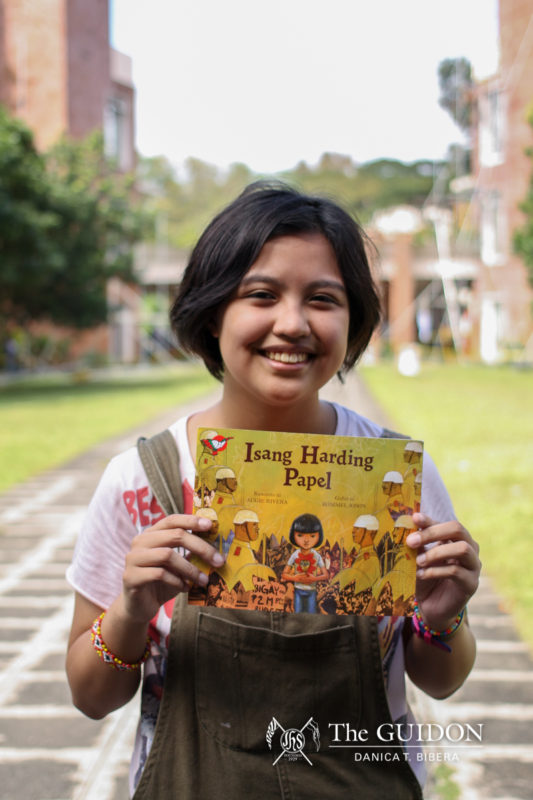
Sophia Demanawa
Self-expression is not the end-all be-all of art. This is why Sophia Demanawa’s art sheds light on issues relevant to society. Her recent work can be seen in Ang Mga Kuwentong Aeta (2016), a children’s storybook. “Being a part of this project really drove home the influence of children’s books in everyone’s formative years and how it is so important to promote diverse representation in these children’s books,” she shares, emphasizing how fulfilling the project was despite her past apprehensions, mostly about inadvertently “desensitizing the struggles of the Aeta community.”
On her Facebook page, Demonawa, she also uses her art to portray more social issues, such as mental health. “I want to communicate [mental health issues] in future works […] because, unfortunately, that isn’t a thing taken seriously and [is often] desensitized in media because it isn’t researched well,” she explains. “I personally think the duty of art is to spark conversation about relevant topics. Maybe it doesn’t have to be every artwork, but there should be a duty as an artist to illustrate the world around them.”
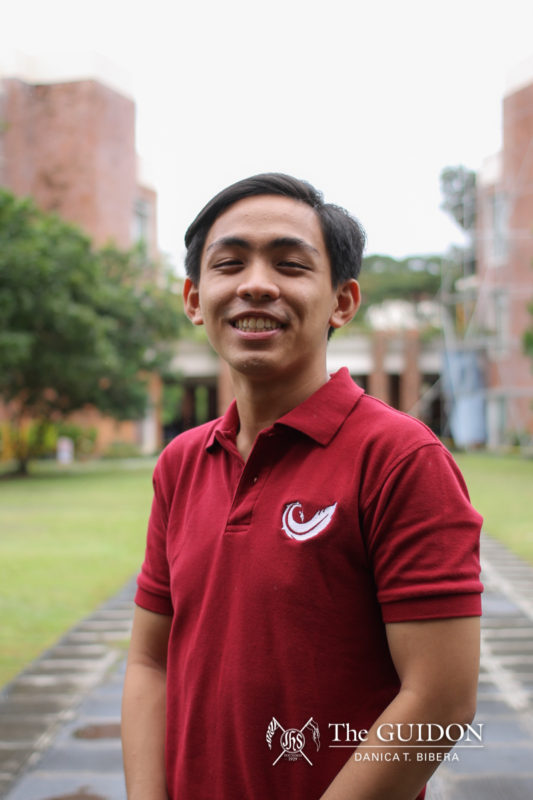
Rambo Talabong
Journalism requires fearless people taking fearless actions and Rambo Talabong seems to have that on his job description as Editor-in-Chief of Matanglawin this school year. By being a voice for the marginalized and a voice against the issues that afflict the country, he not only managed to develop the organization with his leadership experience and bolster its small pool of members, but also put Matanglawin in the spotlight with the release of Mochang Tanga Blog, last year’s title for their annual satirical Tanganglawin issue.
“[It] was a bold move for [us to lampoon] Mocha Uson, because we also take a stand against irresponsible use of social media and we really stand by it. [Her] reaction was phenomenal,” Talabong says, having originally meant for the issue to both take a stand as well as grab the attention of Ateneans seeking to join Matanglawin. In a way, they’ve exceeded their own expectations.
Amid the attention on the org, Talabong hopes that Matanglawin will continue to be a “mouthpiece [that] can differ” and “a voice in telling the story of the people” in both advocating for the poor and marginalized, as well as about national issues. “For Matanglawin, patuloy lang ang laban (the fight goes on),” he shares.
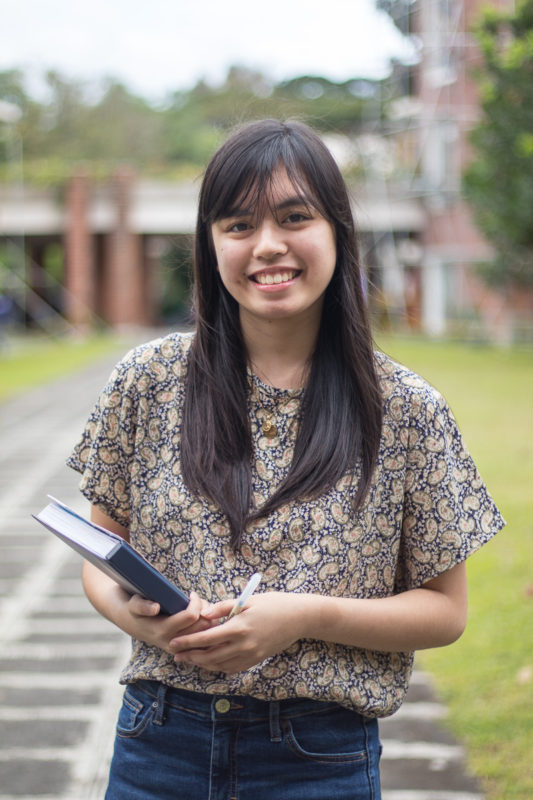
Gaby Gloria
There’s no doubt about it: Being a student writer demands a lot of time and yet Gaby Gloria not only managed to strike a balance between her academics and career, but also started her own writing projects. Creating her very own magazine for Filipinas of the modern generation has forged new avenues for herself in the field of journalism.
Recalling her past, a despondent Gloria shares, “I [felt] like I [was] worthless kasi I had friends who were so into what they were doing–they’re all doing things and I’m just here.” Taking inspiration from her experiences, as well as her newfound interest in a local audience, she began an ambitious effort to create a website named The Thing Online, a pop culture magazine-slash-blog for Filipinas where she serves as the editor-in-chief alongside a team of equally dedicated girls. These creatives tackle the “million interests and opinions just waiting to be expressed” in modern culture—art, food, fashion, music, and much more.
The site is becoming a haven for Filipino writers to explore their interests and perspectives, and Gaby Gloria has created an excellent breeding ground for young, up-and-coming writers to grow in the years to come.
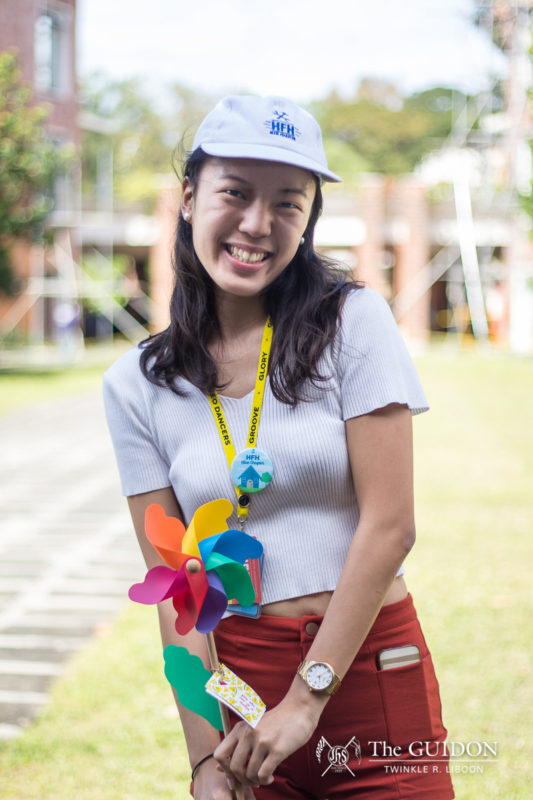
Jessica Hao
Putting smiles on others’ faces is what Jessica Hao believes she spent 2016 doing. Together with Joanne Chu, Hao brought to the Philippines The Foundation Foundation (TFF), which aims to provide support for female victims of abuse, rape, and human trafficking. Originally founded in Canada in 2014 by Katrina Hernandez, a high school friend of Hao’s, TFF’s attention to women is what Hao says makes the foundation different.
Hao is also a member of several sector-based organizations namely, TUGON, which aids child victims of abuse and abandonment, the Habitat for Humanity Blue Chapter, which helps impoverished families in need of good homes, and the Ateneo Special Education Society, which supports and promotes quality education for people with special needs (PWSNs).
“It’s like all the blood, sweat, and tears I put into helping them don’t matter [to me] as long as they’re happy,” says Hao about visiting the PWSNs and their families. This year, she looks forward to helping more people and spreading awareness about her causes.
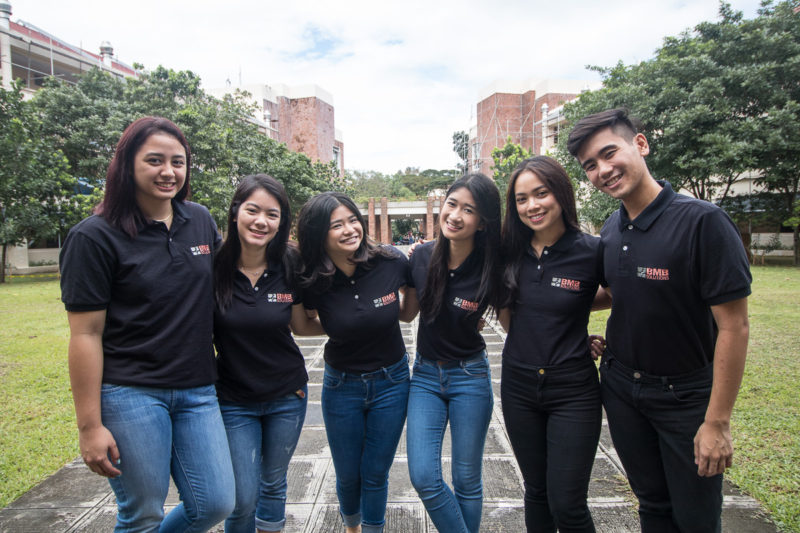
Big Mike Bikes Solutions
Shawntel Nieto, Maan Flores, Miko Manaloto, Sasa Raya, Anjel Perilla and Amae Miclat formed Big Mike Bike Solutions (BMB) with the belief that all homes should have access to the basic human rights of clean water and electricity.
For this project, the group focused on helping disaster-stricken areas. “Such a choice stems from our Big Mike Bike’s current energy-generating and storing capacities as well as from the very dire need we saw in marginalized communities to have a large-scale, holistic, and sustainable relief system for when disasters such as typhoons strike,” says Nieto. Their solutions were pedal-powered machines for water filtration and energy-efficient production.
In 2016, the group was able to create five working prototypes despite having no background in physics or engineering. BMB Solutions continue their research, making their bikes more efficient and effective. They hope to bring Big Mike bikes to communities all over the country.

